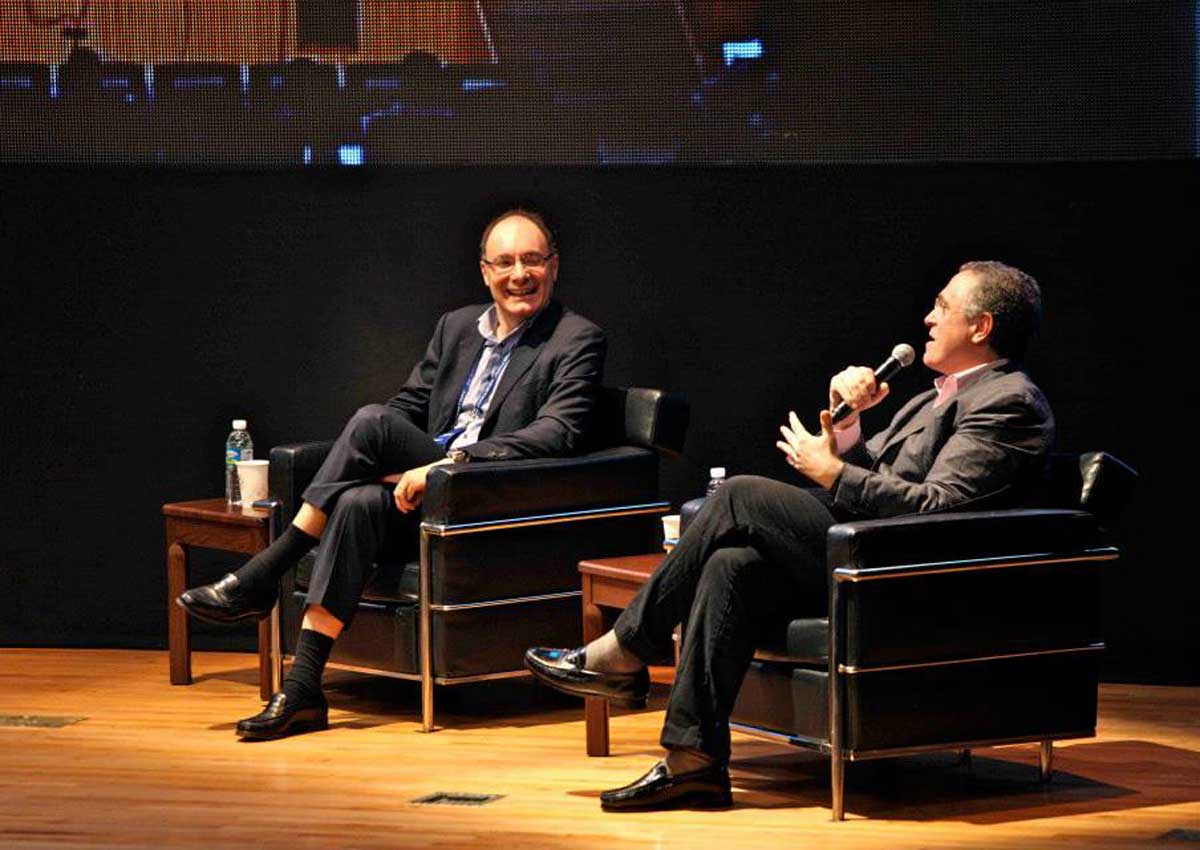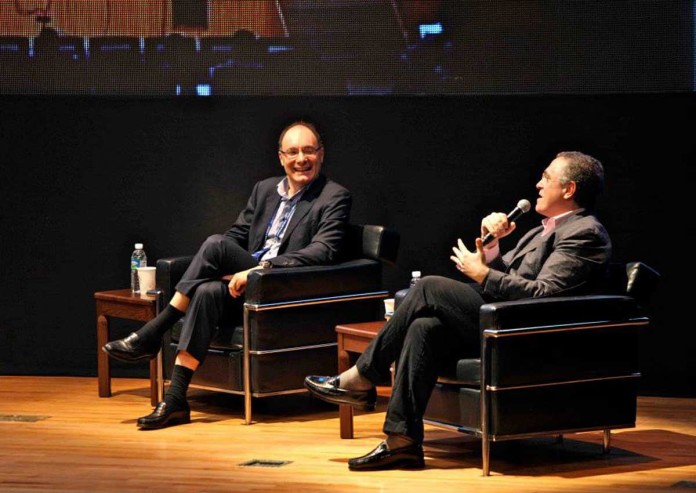Retailers are moving to convert adversity into opportunity as they try to breathe new life into a sluggish market by using Internet platforms to hawk their high-end merchandise. Sun Yuanqing reports.
While the luxury goods retail market in China has been facing difficulties in recent months with sales declining and stores closing, some entrepreneurs are using this setback to seek opportunities online.
Mei.com, a “flash sales” platform for luxury goods and fashion, and Alibaba’s major online marketplace, Tmall.com, held a fashion show on March 30 in Shanghai, announcing a collaboration to launch a luxury channel on Tmall.com.
The event follows Alibaba’s investment in Mei.com last July, which is reported to be worth more than $100 million. The luxury channel began its test run in December, allowing Tmall customers to buy discounted luxury items from Mei.com.
A total of 42 looks were unveiled on the runway, all using pieces available on Mei.com. The show was live-streamed on Tmall and all the items were available on the Tmall app.
“We come from the luxury and fashion sectors, while Tmall specializes in data, technology and the Internet. The collaboration is to combine these competencies,” says Seamon Shi, president of Mei.com.
Mei.com and the luxury channel on Tmall are now unified in terms of inventory and membership accessibility. The move gives Mei.com access to Tmall’s customers, who are estimated to number more than 400 million.
The collaboration also signals a strategic step in Tmall’s plan to diversify its offerings in a bid to build a one-stop shopping destination for the emerging middle class in China, says Dong Benhong, chief marketing officer of Alibaba.
Meanwhile, Tmall has also been trying to upgrade its luxury offerings with the introduction of brands like Burberry and La Perla.
Operating in China since 2010, Mei.com works directly with 3,600 brands in the luxury-goods and fashion sectors, and 300 of them have appointed the platform as their exclusive online partner in China. The brands on the website include Giorgio Armani, Ermenegildo Zegna, Roger Vivier, Michael Kors and Longchamp.
Shi says that the company has seen triple-digit growth in the past few years, although he declined to give numbers.
Compared with other international luxury-shopping websites like Net-A-Porter and Neiman Marcus, Mei.com distinguishes itself through its location and convenience, says Shi.
“We are based in China so we can give the best service and the fastest feedback to customers here,” he says.
“Unlike physical outlets, flash sales protect the brands’ image to a large extent. They also provide customers with the option to buy luxury products at an affordable price.”
The website is also developing a magazine on new trends and iconic products.
As Thibault Villet, the CEO and founder of Mei.com, says: “Our aim is to be the No 1 luxury platform in China.”
Explaining his vision, he says: “What is exciting about doing e-commerce in China is that the ecosystem is changing all the time and we have to stay focused on innovation … Three years ago, we were doing less than 20 per cent of our business through mobile, but last month it was 80 per cent. The customer experience is changing.”
Chinese customers are also evolving rapidly, according to surveys done by Mei.com.
“Three years ago, they wanted more classic brands. But for the last year and a half, there is a very strong shift toward designer brands. The customers are physically and digitally travelling around the world so they are more informed and aware of global trends,” says Villet.
Referring to the recent slowing of the market in China, Edoardo Tocco, regional director of Tod’s China, one of Mei.com’s brand partners, says the country is still a great consumer market.
“The main thing is to find the right key to open the right door. The consumers are there and they are waiting for you,” he says.
“The business model for retailers is to develop a multi-channel strategy. And e-commerce is becoming one of the most important channels.”






